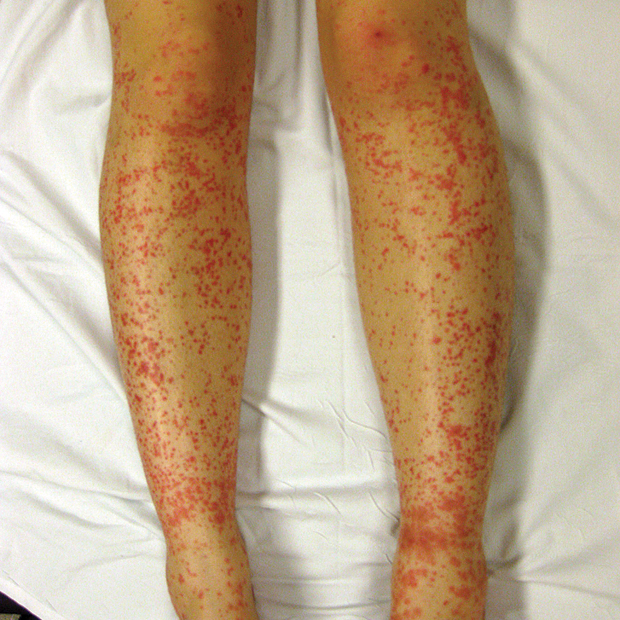Recording patient visits questioned
A reader responds to coverage about recording patient visits.
The article “When Visits Become ‘On the Record’” in the April 2018 ACP Internist issue struck a nerve. The recording of clinical encounters seems very problematic on a number of levels.
With all of the energy expended over the past 22 years since HIPAA to ensure patient confidentiality, recordings will only serve to undermine these efforts. Who will safeguard protected health information (e.g., HIV, mental illness, substance abuse) that is stored on portable devices in digital format? Given our propensity to share personal information, I shudder to think of where the details of the clinical encounter might end up.
If the purpose of recording is to improve communication, then we collectively need to do a better job of using evidence-based tools like teach-back and after-visit summaries. We should enlist caregivers and family members to take part in clinical encounters. Because I'm convinced that once we know what we say might be recorded, it will affect how and what we say. We will be more guarded in dispensing advice and recommendations. We will be careful to avoid confrontation, humor, or self-disclosure. How much will the doctor-patient relationship be diminished in the process?
If the purpose of recording is to ensure transparency, surely there are better means of policing ourselves than yet another unwelcome intrusion into the doctor-patient relationship. If the suspicion is that something unseemly is going on behind closed doors, then we might need to take another look at the American College of Physicians Ethics Manual. Putting the intimacy of the clinical encounter on public display will not guarantee ethical behavior, any more than building exam rooms out of glass or installing eavesdropping equipment would.
Finally, the recording of clinical encounters, like Open Notes, is part and parcel of a broader trend to publicize what used to be private. While this notion may have obvious appeal to the generation raised on social media, it speaks volumes to the rest of us: The space is no longer sacred.
James Santoro, MD, ACP Member
West Linn, Ore.




